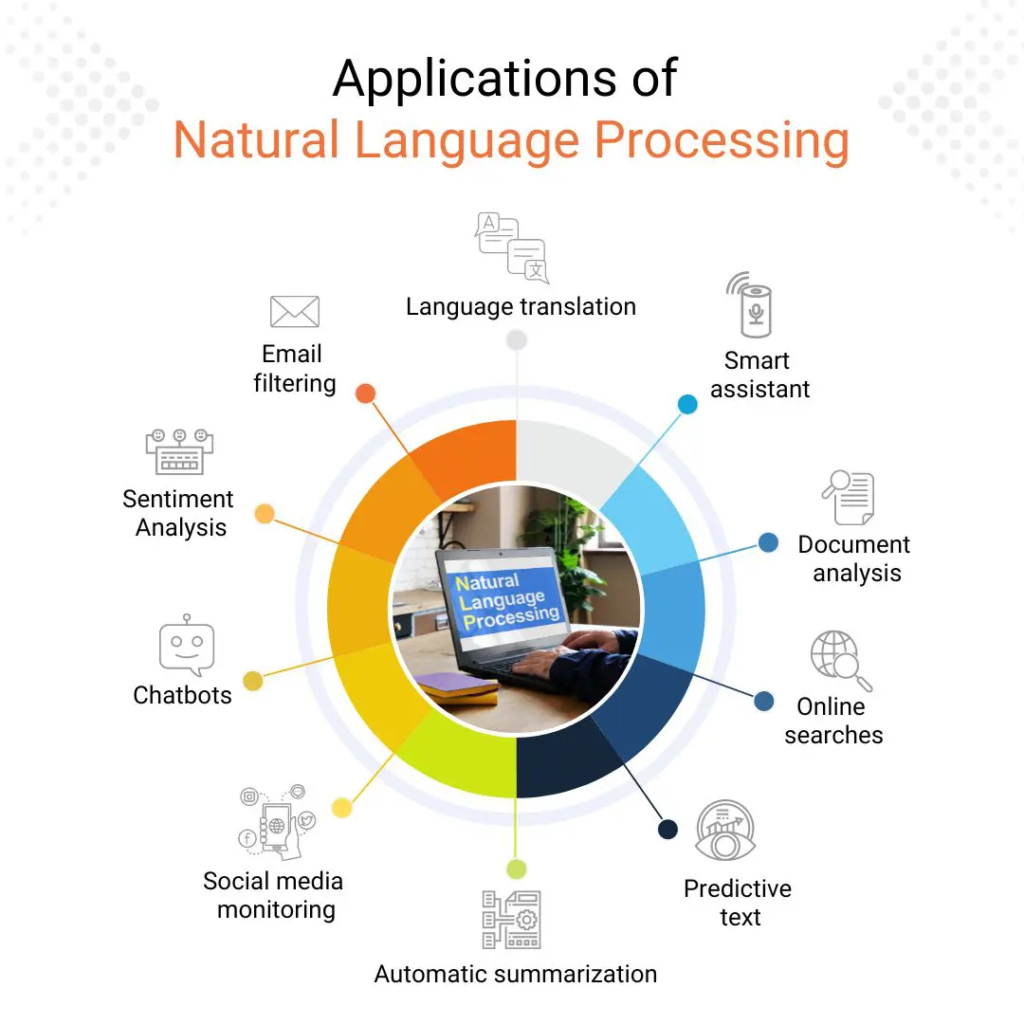
AI Revolution: Breakthroughs in Natural Language Processing (NLP)AI Revolution: Breakthroughs in Natural Language Processing (NLP) The advent of artificial intelligence (AI) has propelled significant advancements in various fields, and natural language processing (NLP) is no exception. NLP has emerged as a transformative technology that enables computers to understand, interpret, and generate human language with increasing accuracy and sophistication. Recent Breakthroughs in NLP * Large Language Models (LLMs): LLMs, such as GPT-3 and BERT, have achieved remarkable performance in tasks like text generation, translation, and question answering. They are trained on massive amounts of text data, allowing them to learn the intricate patterns and structures of language. * Transformers: Transformer neural networks have revolutionized NLP by introducing self-attention mechanisms. Transformers enable models to attend to distant parts of a sequence, improving their ability to capture complex relationships within text. * Conversational AI: Advances in NLP have paved the way for sophisticated conversational AI agents. These agents can engage in human-like conversations, providing support, answering questions, and even generating creative content. * Machine Translation: NLP advancements have significantly improved the quality of machine translation. Models can now translate text with near-human accuracy, preserving the nuances and context of the original language. * Text Summarization: NLP models can now effectively summarize large bodies of text, extracting key points and generating concise summaries. This capability has applications in fields such as news reporting and scientific research. Applications of NLP Breakthroughs in NLP have led to a wide range of applications in various industries: * Healthcare: NLP models can assist in medical diagnosis, patient monitoring, and drug discovery. * Finance: NLP is used for financial analysis, fraud detection, and stock market predictions. * Education: NLP powers chatbots for online learning, personalized content recommendations, and plagiarism detection. * E-commerce: NLP enhances search engines, product recommendations, and customer support. * Social Media: NLP helps analyze social media sentiment, detect spam, and identify trends. Challenges and Future Prospects While NLP has made significant strides, there are still challenges to overcome: * Bias and Fairness: NLP models can inherit biases present in the training data. Mitigating these biases is crucial to ensure fair and ethical AI systems. * Interpretability: Understanding how NLP models make decisions can be difficult. Further research is needed to improve the transparency and explainability of these systems. * Ethical Considerations: The widespread adoption of NLP raises important ethical questions, such as data privacy, consent, and the potential for misuse. Despite these challenges, the future of NLP looks promising. Ongoing research and innovation will continue to push the boundaries of this transformative technology, empowering us with more advanced and versatile language-processing capabilities.
Posted inNews